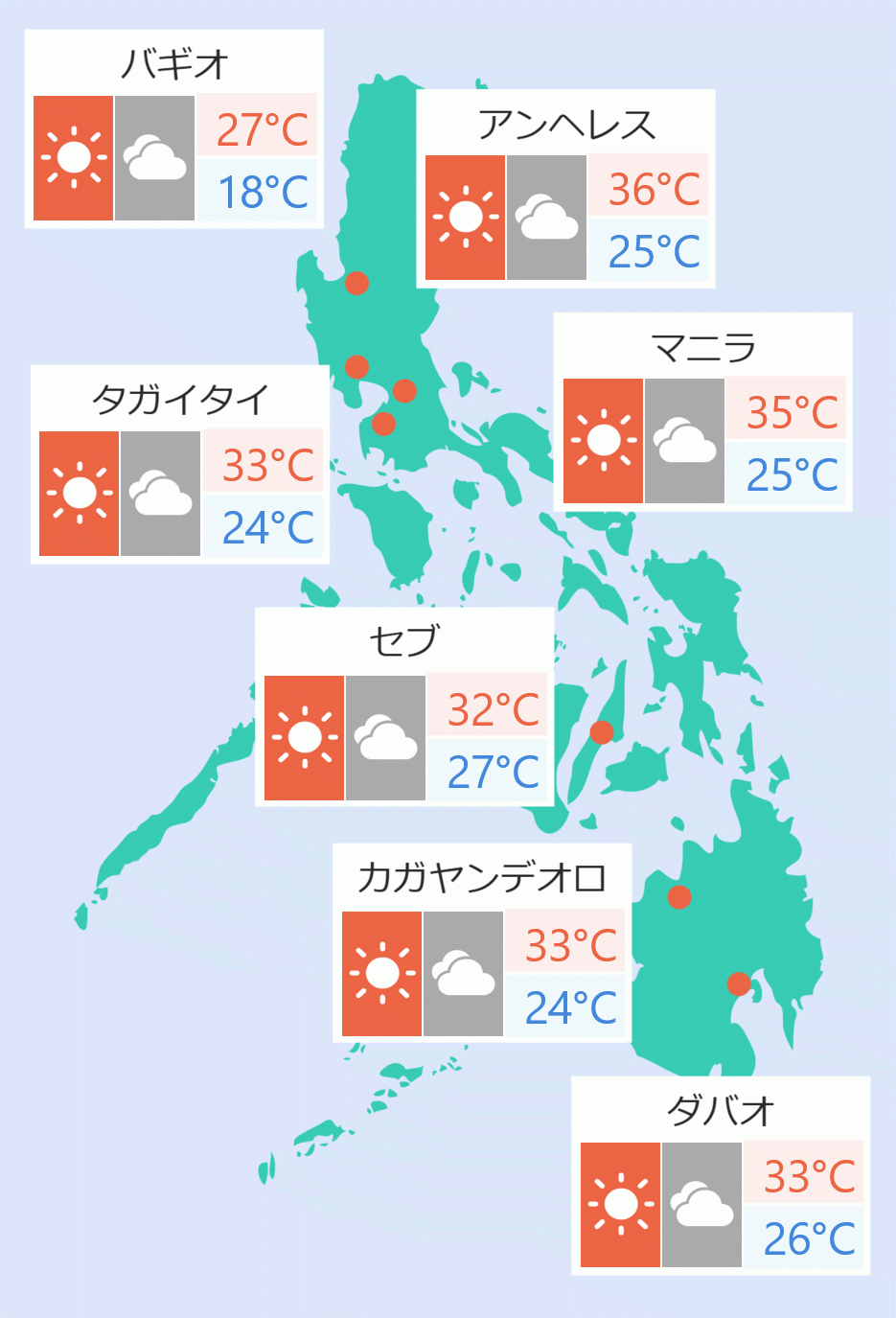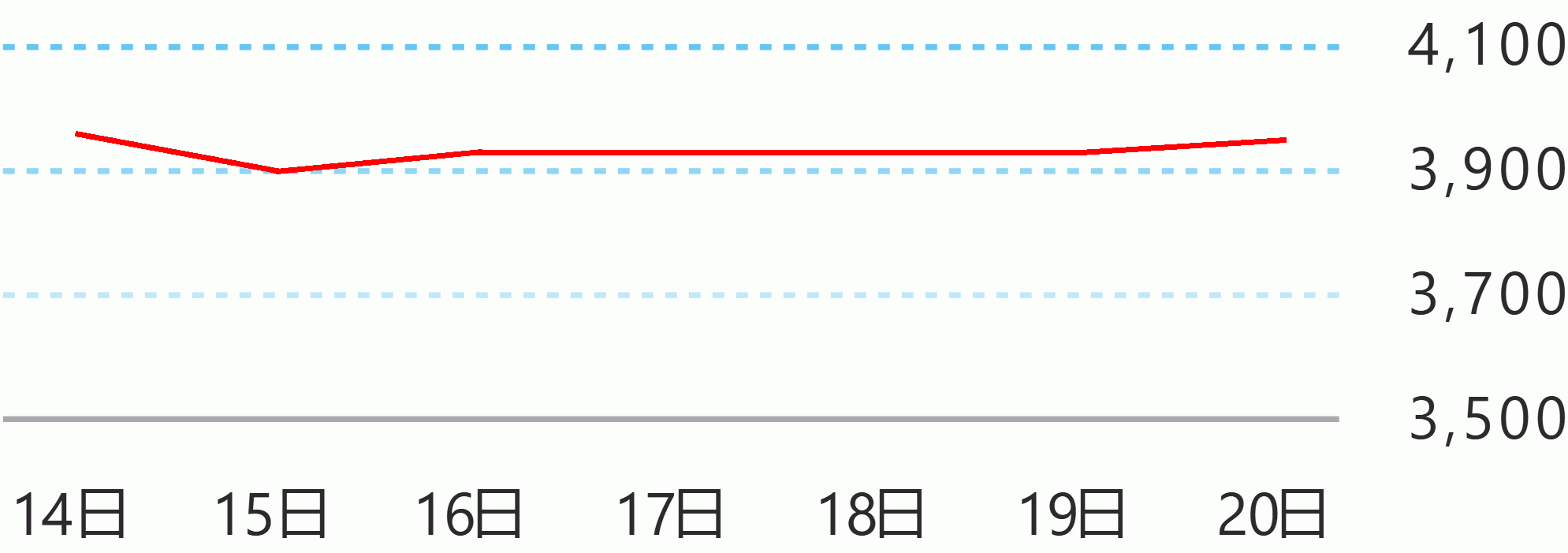The National Economic and Development Authority (NEDA) Board, chaired by President Ferdinand Marcos Jr., approved seven high-impact projects during its third meeting Thursday in Malacanang, Socioeconomic planning Secretary Arsenio Balisacan announced on Friday.
Balisacan, who heads the NEDA, said these projects could significantly contribute to achieving the administration’s social and economic transformation goal in the medium-term.
These projects include the establishment of the P6-billion, 300-bed capacity University of the Philippines (UP)-Philippine General Hospital (PGH) Cancer Center-Public Private Partnership (PPP) project announced earlier by the Palace, that will modernize the country’s health infrastructure on oncology services and cancer care.
Other projects approved by the NEDA Board include increasing the cost of the Metro Rail Transit Line 3 (MRT-3) rehabilitation project by P7.6 billion, from P21.9 billion to P29.6 billion; utilization of the Japan International Cooperation Agency (JICA) loan balance of P2.12 billion for the new Communications, Navigation, Surveillance-Air Traffic Management (CNS-ATM) system; and the construction of the P17-billion New Dumaguete Airport Development Project in Bacong, Negros Oriental.
The new Dumaguete airport project of the Department of Transportation (DOTr) will be funded through the Official Development Assistance (ODA) from the South Korean government through the Export Import Bank of Korea Economic Development Cooperation Fund.
Other projects approved or confirmed by the NEDA board were the P6.6-billion Department of Agriculture’s Mindanao Inclusive Agriculture Development Project (MIDP), aimed at increasing agricultural productivity, resiliency and access to markets and services; and the Investment Coordination Committee approval of the Department of Public Works and Highways’ (DPWH) P20-billion first phase of the Integrated Flood Resilience and adaptation project in three major river basins in the country to be funded by the Asian Development Bank (ADB).
The MIDP covers selected ancestral domains in Mindanao from Zamboanga Peninsula, Northern Mindanao, Davao Region, Soccsksargen, Caraga and the Bangsamoro Administrative Region in Muslim Mindanao (BARMM), seen by the government to be pivotal in reducing poverty, unemployment and food insecurity among indigenous peoples.
The first phase of the DPWH's flood resilience project aims to improve strategic flood risk management planning, develop flood protection infrastructure in three target major river basins: Abra in Luzon, and Ranao and Tagum-Libuganon in Mindanao, as well as strengthen community-based flood risk management measures. Presidential News Desk





 English
English










